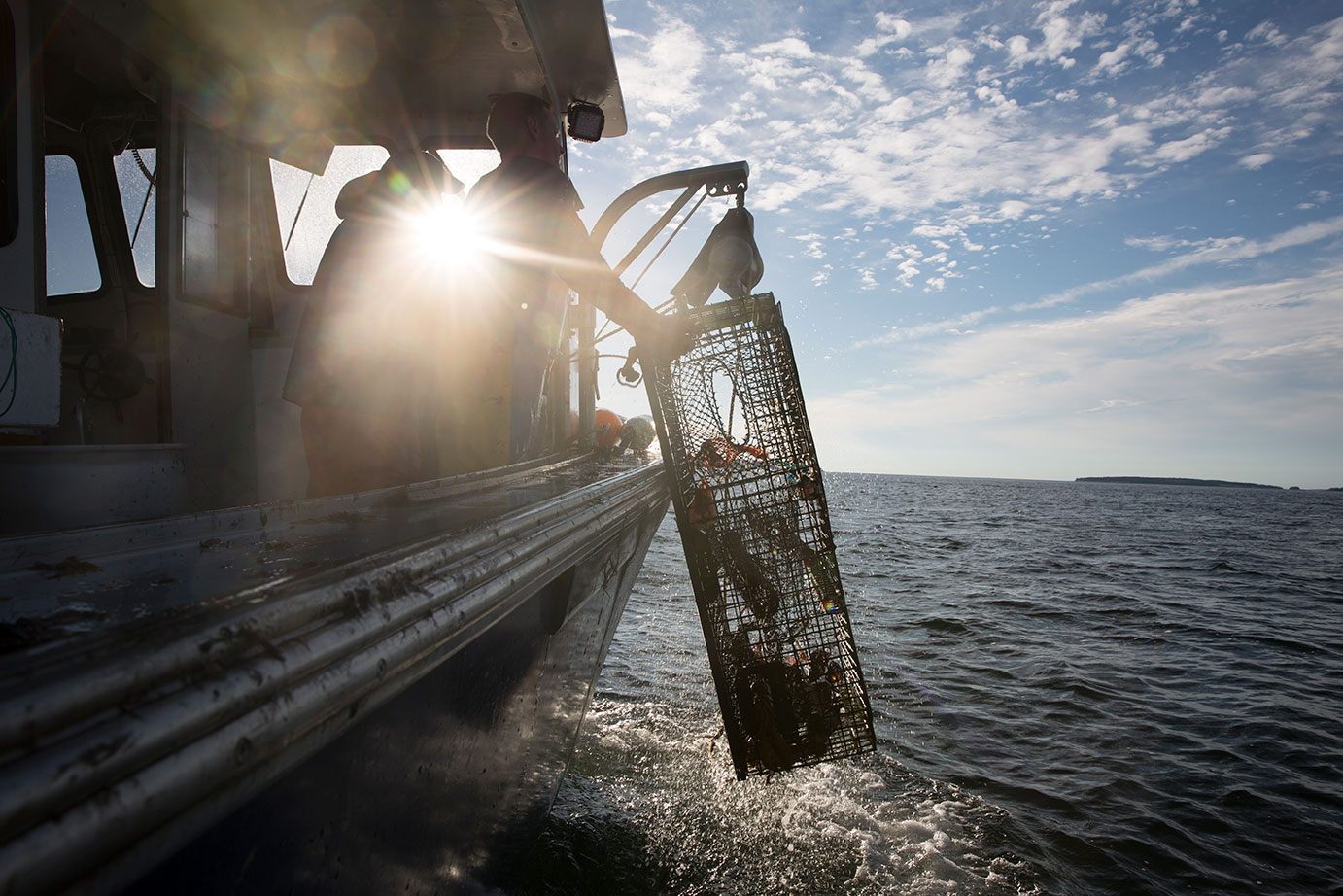On Tuesday, Canadian salmon farming company Northern Harvest admitted to using a sea lice pesticide that is known to kill lobsters and other crustaceans, according to a CBC report.
Just 18 months ago, Northern Harvest was a small, independent Canadian salmon farming company and the first in the world to receive a Best Aquaculture Practices certification from the Global Aquaculture Alliance for some of its facilities in New Brunswick.
Earlier this year, the company was folded into the massive portfolio of the global salmon farming juggernaut Marine Harvest, based in Oslo, Norway.
Northern Harvest was fined $12,000 (less than $9,400 U.S.) for using Salmosan 50 WP without permission from New Brunswick authorities, which violates the province’s Pesticides Control Act. The company reportedly applied to use the pesticide on July 18 and used it without permission on July 26 at its Head Harbor facility off Campobello Island.
“The Northern Harvest farm site in question has never been BAP certified,” said Steve Hedlund, communications manager for Global Aquaculture Alliance. “However, Northern Harvest is a supporter of the BAP program, as a number of its farms, hatcheries and processing plants are BAP certified.”
Local lobstermen, however, object to the violation of public trust.
"I think any time there's a fine that's a deterrent to illegal activity, it should be an actual deterrent to the activity," Bonnie Morse, project manager with the Grand Manan Fishermen's Association, told the CBC. "When you're looking at $1.5 million worth of fish, their actions speak for themselves."
Five years ago, a Canadian court ordered Cooke Aquaculture to pay $490,000 (U.S.) for the use of cypermethrin after dead and dying lobsters found just over the border in Maine lobster traps were shown to have been exposed to the pesticide.
In court on Tuesday, federal prosecutor Christopher Titus told the judge, “There was no actual harm to any lobster in the area.”
The claim confounded Matt Abbott, representing the Conservation Council of New Brunswick, because there is no way to know the extent of the damage because this application took place outside of lobster season.
“Dead lobsters don't crawl into traps,” Abbott told the CBC.







